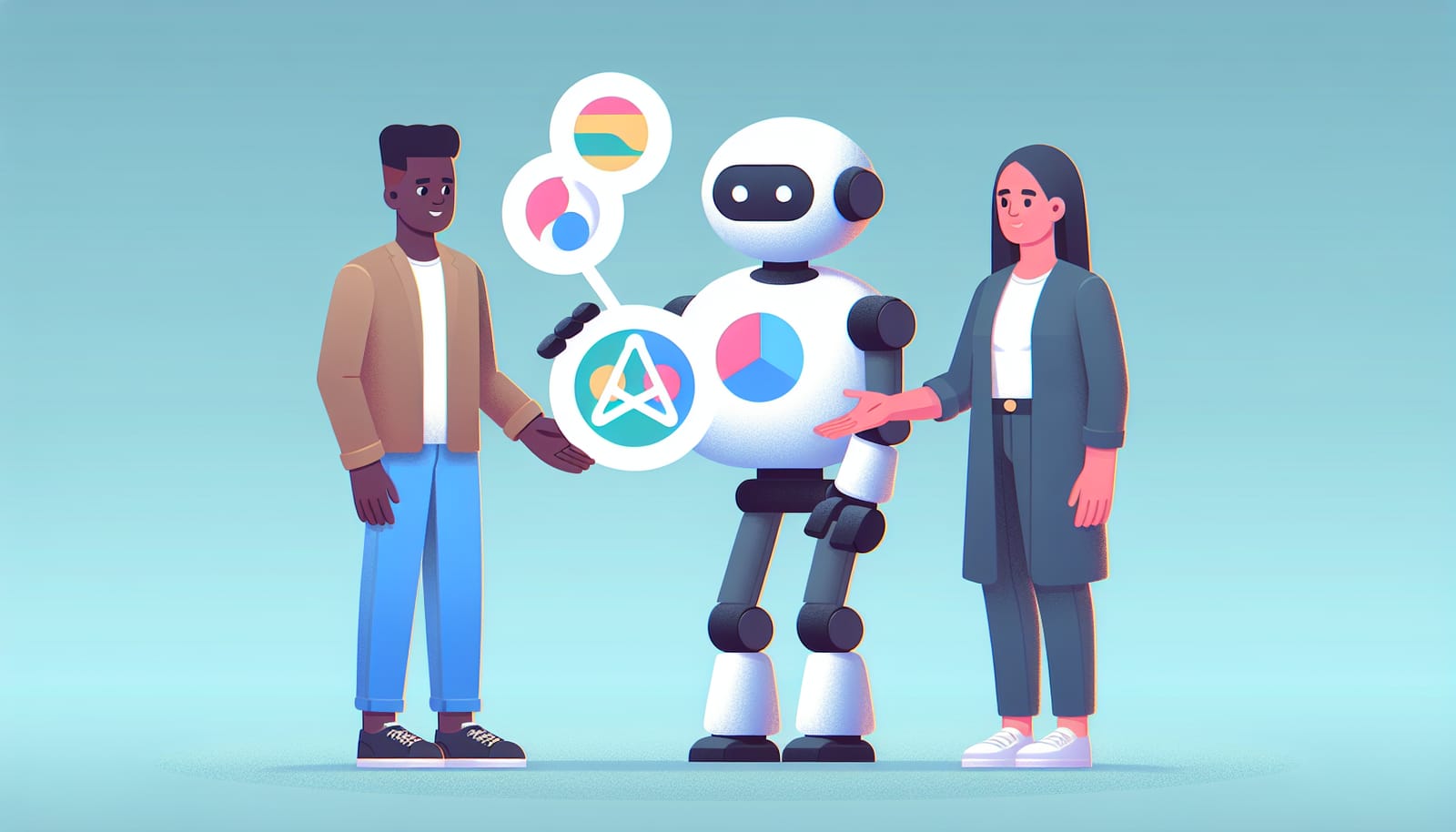Artificial Intelligence (AI) is often depicted in movies and TV shows as a super-intelligent being that understands everything just like a human. But the truth is, AI doesn’t have common sense. This might sound surprising, especially when you see AI systems performing complex tasks, but let’s dive into understanding why AI lacks this fundamental human ability.
Understanding Common Sense
Common sense is a kind of knowledge that we take for granted. It’s the ability to make sound judgments and understand everyday situations without needing to be taught every detail. For example, if you see a dog running toward you, your common sense helps you know it’s probably friendly or just wants to play. You don’t need to think about it for long; it’s just something you understand.
Humans develop common sense through experiences, interactions, and cultural norms. We learn from our surroundings and the people around us. As we grow, we gather knowledge about how the world works, what’s safe, and what’s not. This allows us to navigate life effectively, making decisions even in unfamiliar situations.
AI: A Different Kind of Thinking
AI, on the other hand, operates quite differently. Instead of learning from experiences like humans, AI learns from data. It analyzes vast amounts of information to identify patterns and make predictions. For instance, an AI might look at thousands of pictures of cats and dogs to learn how to distinguish between them.
However, this pattern recognition doesn’t translate into common sense. An AI can tell you what a cat looks like but may not understand that a cat might scratch you if it feels threatened. It lacks the intuitive understanding that comes naturally to humans.
The Limits of AI Understanding
The limitations of AI become evident when it faces situations that require common sense reasoning. For example, if you ask an AI, “If I drop an egg, what will happen?” it may not be able to answer correctly if it hasn’t been specifically trained on such scenarios. An AI might respond based on data and statistics but won’t inherently know that the egg will likely break.
This lack of understanding is particularly problematic in real-world applications. Imagine an AI system designed to assist in healthcare. While it can analyze medical data and suggest treatments based on patterns, it might fail to grasp the nuances of human emotions or the importance of empathy in patient care.
Why It Matters
Understanding that AI lacks common sense is crucial, especially as we increasingly rely on it in our daily lives. This knowledge helps set realistic expectations about what AI can and cannot do. While AI can automate tasks, analyze data, and provide insights, it is not a substitute for human judgment.
It’s essential to remember that AI tools are here to assist us, not replace us. They can enhance our abilities but should be used alongside human intelligence and understanding. This collaboration can lead to better outcomes in various fields, from healthcare to education.
The Future of AI and Common Sense
Researchers are aware of the limitations of AI regarding common sense and are actively working to overcome these challenges. Efforts are being made to develop AI systems that can better understand context, emotions, and social norms. This is known as the field of “common sense reasoning” in AI research.
One exciting area of development involves teaching AI systems using simulations and interactive environments. By placing AI in scenarios that mimic real-life situations, researchers hope to help these systems learn in a way that mimics human common sense development.
However, it’s important to recognize that even with advancements, AI may never fully possess human-like common sense. The goal is not to create machines that think exactly like humans but to develop tools that complement our abilities and help us solve complex problems.
The Role of Humans in AI
As we continue to explore the possibilities of AI, the role of humans becomes even more critical. While AI can process data and identify patterns at incredible speeds, it is humans who bring creativity, empathy, and ethical considerations into the equation. We need to guide AI development with our values and ensure that these technologies serve humanity positively.
It’s also essential for everyone, especially younger generations, to understand AI's capabilities and limitations. By fostering critical thinking and technology literacy, we can empower individuals to use AI responsibly and effectively.
Conclusion: Embracing AI's Strengths and Weaknesses
In conclusion, AI is an incredible tool that has the potential to revolutionize many aspects of our lives. However, it’s crucial to understand that AI does not possess common sense. Its abilities stem from data analysis and pattern recognition, not from the intuitive understanding that humans develop over time.
By recognizing the strengths and limitations of AI, we can use it more effectively in our daily lives while ensuring that our human qualities—empathy, creativity, and common sense—remain at the forefront. The future of AI is bright, but it’s essential that we navigate this journey thoughtfully, embracing both the technology and the human touch that makes life rich and meaningful.
So, the next time you hear someone say that AI has common sense, you can confidently say, “No, it doesn’t!” And who knows, with the right understanding and collaboration, we might just create a world where AI and humans work hand in hand, making decisions that enhance our lives for the better.


